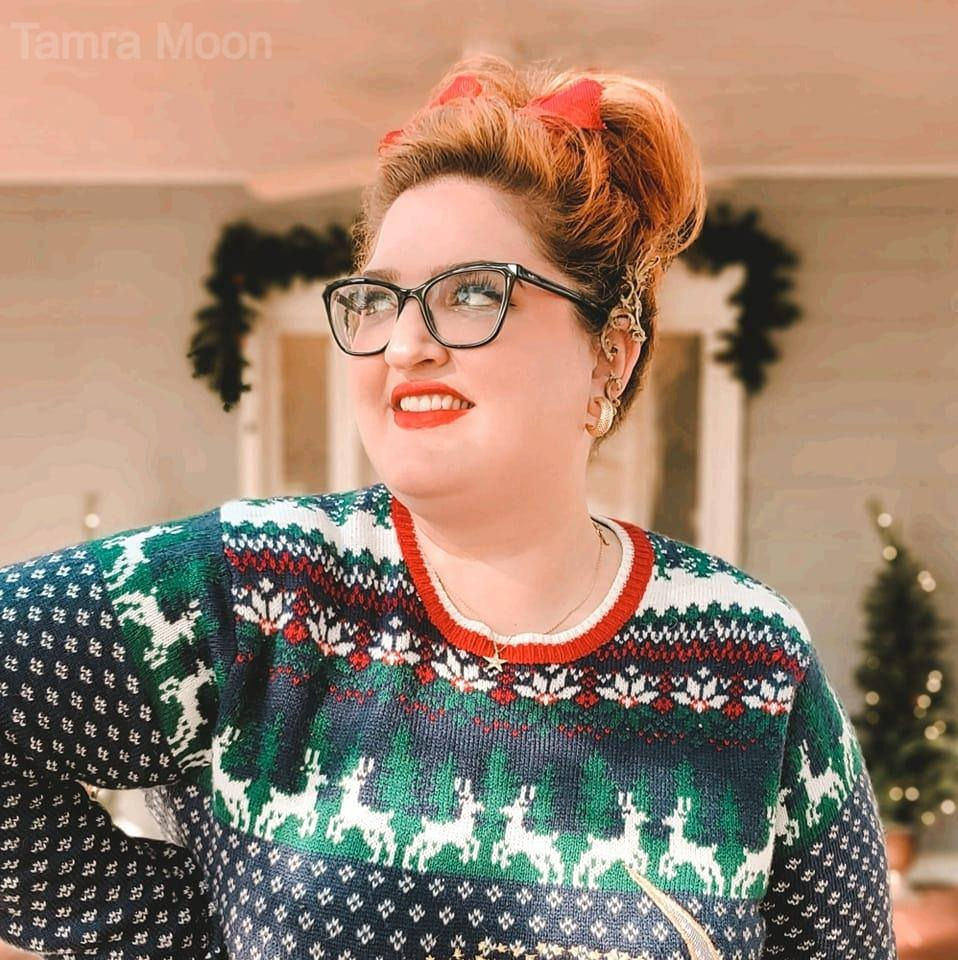Going No-Contact Made Our Holidays Cheery Again
The term, "no contact" has become ingrained in the cultural lexicon of most Millenials and Gen Z'ers, and by extension their parents, thanks largely to a surge of younger generations speaking more openly and candidly about their abusive home environments. Finding the exact moment the phrase took hold and established itself as a modern practice of self-care and self-preservation is difficult, but the concept isn't all too different from the legal term, "no contact order", which "prohibits a person from being in physical or verbal contact with another person, whether that is face-to-face or over the phone/internet."
Going "no contact" is now an established tactic for dealing with parents or family members who fall into certain behaviors or categories. For example, I went no contact with family members who protected and lied for the man who sexually assaulted me. Having those people in my life endangered my physical and mental wellbeing. Reconcilliation was never going to be an option. I could either submit to the abuse and accept that my rapist was chosen over me, or I could choose myself.
I chose myself. And 13 years later I am still no contact with those family members and still choosing myself.
Going no contact during the holidays however can be extra tricky. Winter holidays come packed with pressure to pretend you belong to a happy, healthy family. The performance aspect of holidays with family can be daunting and overwhelming, especially if you're in the beginning stages of dealing with childhood trauma or processing the reality of your family dynamics. It may seem easier to just stick it out and "get through it." I did this for years. I'd tell myself, "I'll just stay for a couple of hours. I'll say we have other places to visit. I won't let them get to me. I won't tell them any personal details."
Inevitably, a boundary would be crossed (usually multiple), a comment or two or ten would be made about my body or my lifestyle choices, and I would walk away from the experience deflated and angry all over again. And then I would blame myself for feeling this way. "I should have known better. I shouldn't have let them get to me. I should have been stronger."
This is why going no contact was the only option for me. I finally realized that instead of holding those family members accountable for their toxicity and abuse, I was internalizing it and punishing myself. How very convenient for them. So, in 2010 I ended it. I changed my phone number, blocked everyone on social media, and when I was able to, I moved and didnt give them my new address.

That first Christmas was hard. Even though I knew I was free of the same kind of BS I used to deal with every year, I hadn't anticipated the lack of direction. When you remove family members from your life, you also run the risk of removing the traditions you inherited from that family. For most of your life you'd been following in the footsteps of your elders, but now you're looking out into a world of fresh snow, with no one to tell you where to step.
Anticipating this upheaval and planning new tradtions is vital for managing your first holiday season after going no contact. My spouse and I sat down and had a few long conversations about holiday traditions we really liked growing up, and other holiday traditions we could do without. We made a mental checklist and then worked on checking them off.
For example, we both really hated the pressure surrounding gift-giving. In my spouse's family, gift-giving was a competitive sport. Children in the family were pitted against each other to see who had the most money spent on them. The adults bragged about how much money they spent, constantly trying to one-up each other. Opening presents was unpleasant and rife with discord and strained egos.
So, we took the pressure off of gift-giving altogether. We get a few gifts for each other, but focus mostly on experiences versus objects. We look for ways we can celebrate the holidays without spending money at all.
Every year we do a big baking day, where we make and decorate cookies. We listen to Christmas records and decorate the tree together. We play board games or table top games like Magic The Gathering. By creating new traditions, we're giving ourselves direction and filling the void our abusive family members once inhabited with love and laughter and intimacy.
Holidays used to bring about so much anxiety and stress for my spouse and I. It was our annual reminder that we didn't quite fit in with our family and we didn't want to. They were happy repeating cycles of abuse and perpetuatin "generational curses", and we wanted out. And for the last 4 years we have both been free of the drama of belonging to our birth families.
Unfortunately we won't always feel at home in our homes. There are a myriad of reasons for this, but whatever the reason is, you're allowed to decide you want a calm holiday season. Without the chaos of our birth families we have time to focus on ourselves and our teenager. We welcome the holiday season with joy and excitement. Our once dreaded holiday is arm and cheerful. And we deserve that.

If you're thinking about going no contact with your family this holiday season, or if you already have but the holidays are especially difficult, I want to encourage you to keep choosing your peace of mind. Recovering from the emotional upheaval of growing up in a dysfunctional family can take time, but you'll get there. In the meantime, create new traditions, strengthen your bonds with your found families, and know that there is a light at the end of this tunnel.
And you're going to be okay.

Comments